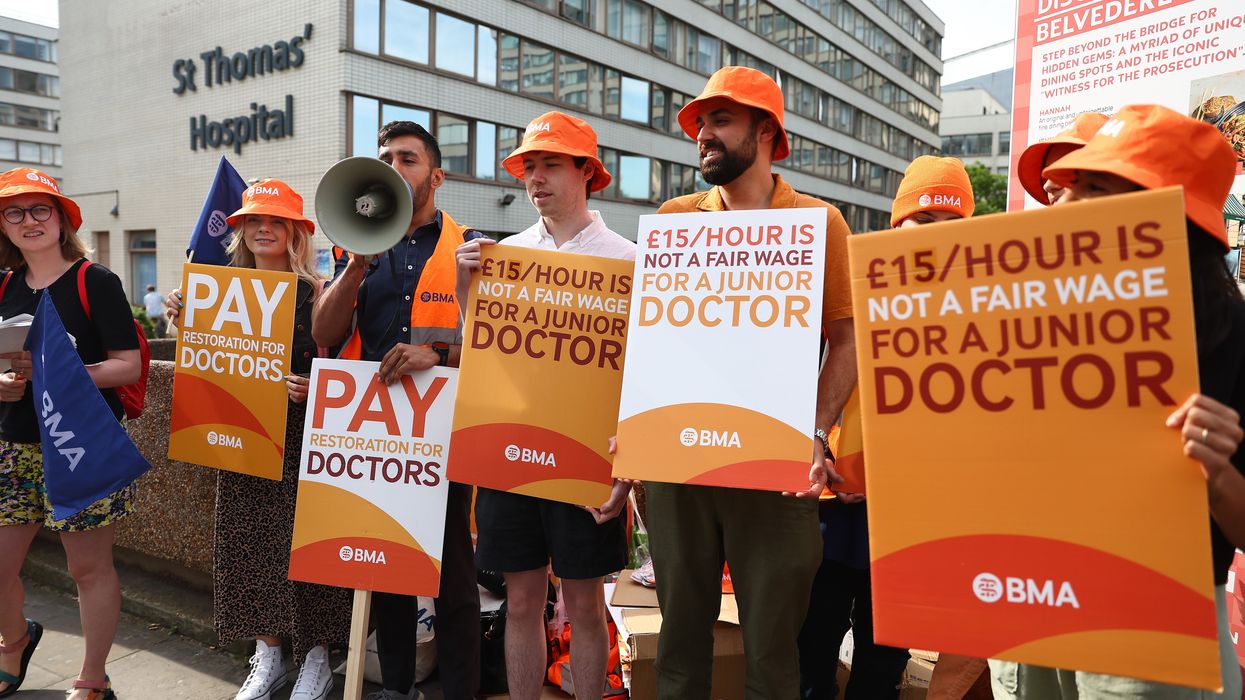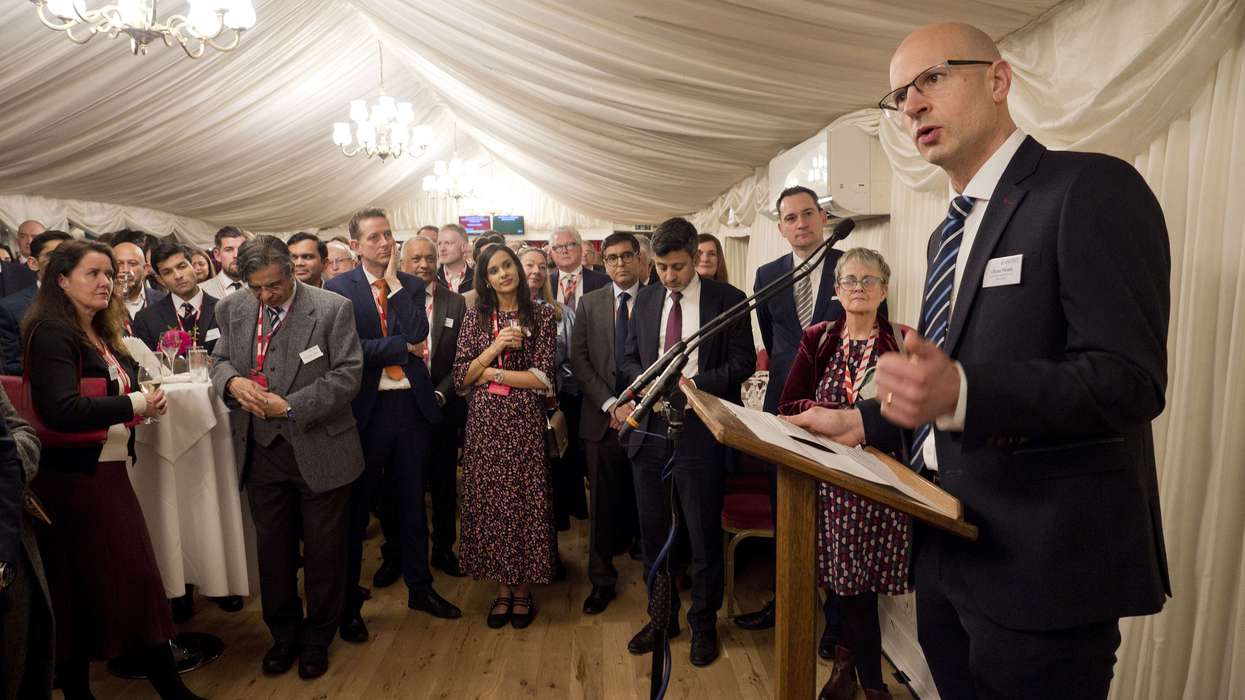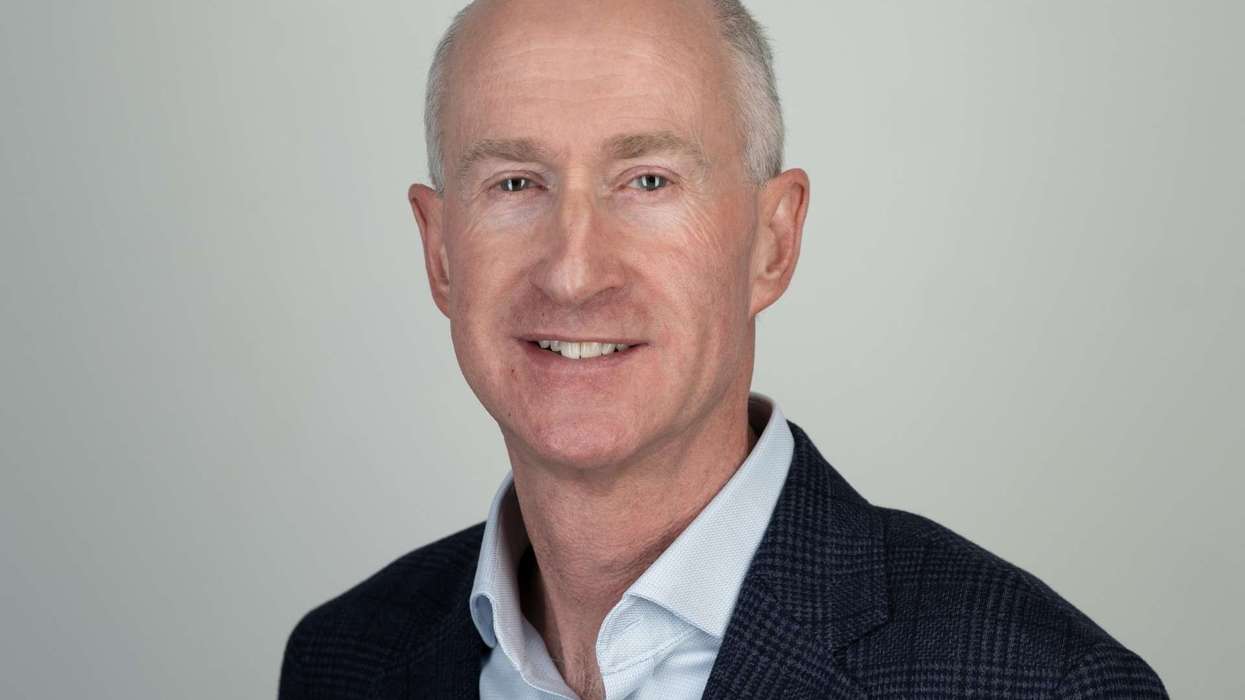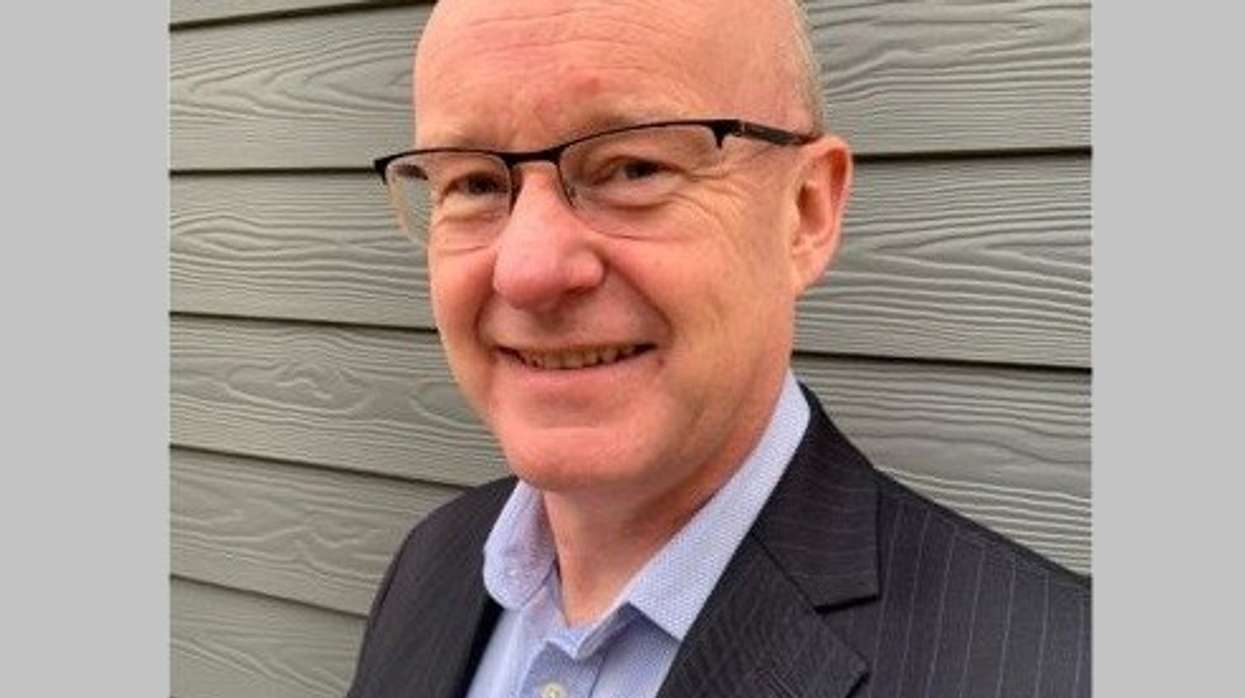NHS Providers has warned that industrial action by resident doctors, planned for later this week, could wipe out the recent hard-won NHS recovery.
The annual State of the Provider Sector survey of leaders from NHS hospitals, mental health, community and ambulance services has found a growing proportion of trust leaders reporting high or very high quality care for patients in their area.
It also highlights a range of steps underway to improve NHS productivity, with a majority of trust leaders optimistic about meeting their financial plan, despite severe pressures.
There are worries, however, that imminent strikes by resident doctors, with the threat of more to come in December, would jeopardise these gains, particularly as the NHS faces another tough winter.
The trusts continue to face daunting challenges, including waiting times for patients, low workforce morale and increasing demand for care.
There are concerns over the priority and resources being allocated to mental health services, and its likely impact on economic growth.
A majority of trust leaders (52 percent) said the quality of care in their area was high or very high, up 11 percentage points on last year and the most positive finding on this indicator going back to before the pandemic.
However, the findings also revealed deep concerns over long waiting times and the need for a “fundamental shift in approach”.
Most trust leaders (53 percent) said they have the right number, quality and mix of staff, a marked improvement from 40 percent in last year.
However, there were deep concerns about staff burnout (79 percent), discrimination towards staff from patients and the public (77 percent), and morale (74 percent).
Though the survey was carried out before the British Medical Association announced its strike plan, nearly two-thirds of trust leaders (64 percent) were worried about the potential impact of industrial action.
Fewer than one-in-ten trust leaders (9 percent) agreed that investment in mental health services matched demand.
More than half (60 percent) said mental health services lacked the capacity to reduce waits and intervene earlier.
More than a third of trust leaders (37 percent) described last winter as the most challenging of their NHS careers, and 67 percent expect this winter to be tougher.
However, the survey shows they are putting in place a range of initiatives to ensure safe, high quality care.
NHS Providers chief executive Daniel Elkeles said, “This survey reflects a gathering sense among trust leaders that at long last, we are turning a corner."
However, he warned that industrial action at this juncture "could crush this fragile, hard-won progress, wiping out a once-in-a-generation opportunity to fix the health service."
NHS Confederation director Rory Deighton said the findings were encouraging.
He said, “The findings of this report stand as a testament to the hard work of NHS leaders and their teams in driving productivity and delivering high-quality care – often under intense pressure."
“However, it is very worrying to note the concern of so many health service leaders about staff burnout and the discrimination their staff are being subject to by some members of the public.
“The concerns raised around strike action by resident doctors are also well-founded as they risk undermining the significant progress the NHS has made in improving performance and boosting productivity."












